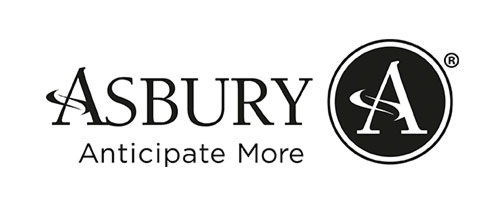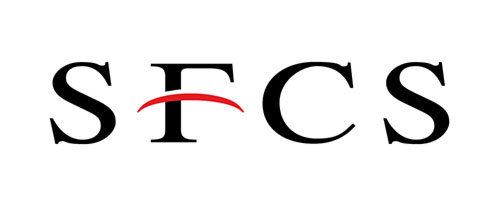Medicare Advantage and Medicaid OTC benefits often unused but could help support older adult nutrition health
Mary Beth Arensberg, PhD, RDN, LDN, FAND
Several types of United States (U.S.) government health plans, including a number of Medicare Advantage and state Medicaid plans, now offer some coverage of over-the-counter (OTC) products as a supplemental benefit. In fact, for contract year 2023, over 87% of the more than 5,600 U.S. MA plans offered an OTC benefit. However, with an estimated 70% of Medicare OTC benefits remaining unused each year, more awareness and education are needed.
OTC benefits vary by plan, and can include products that support the 7 dimensions of wellness and principles of active aging. Commonly eligible OTC categories include dental care, eye and ear care, foot care, mobility items and oral nutrition supplements (ONS). Using OTC benefits to purchase ONS could help support older adult nutrition health — here is how.
ONS help address older adult malnutrition
In the U.S., up to one in two older adults are at risk for malnutrition or are malnourished. Most commonly this malnutrition is undernutrition; specifically, a lack of adequate protein and energy. ONS provide additional nutrients —including protein and energy—when an older adult cannot meet their nutrition needs with food alone. ONS are available over-the-counter without a prescription at grocery stores and retail pharmacies nationwide. The products are offered in a variety of flavors and can be used in addition to a regular diet, either along with or in place of a meal.
ONS can help improve health and well-being outcomes for older adults living in the community. There is also evidence that specialized ONS along with dietary counseling provided to community-living older adults at risk of malnutrition can significantly improve nutrition and functional outcomes when compared to a placebo supplement with dietary counseling. The World Health Organization recommends oral supplemental nutrition with dietary advice for older adults with undernutrition.
OTC benefits for Medicare Advantage (MA) and Medicaid beneficiaries
Medicare is the U.S. federal health insurance program for those aged 65 and older, as well as some younger individuals with certain disabilities or medical conditions. Medicare recipients can choose to enroll in two different types of Medicare programs: traditional Medicare administered through the federal government and Medicare Advantage (MA) which is offered by private insurance companies.
One advantage of MA plans is that they can provide supplemental benefits, such as vision or dental care, beyond what is offered with traditional Medicare coverage. Coverage of OTC products is one of the top 5 supplemental benefits MA plans offer today.
Medicaid is a U.S. health insurance program for individuals with lower incomes and it is administered at the state level. Medicaid OTC coverage varies depending on state regulations, but the overwhelming majority of states reportedly offer some form of OTC coverage. In some states, Medicaid beneficiaries may need a prescription or need to meet other requirements for an OTC product to be covered.
In both MA and Medicaid, OTC benefits are typically provided through an OTC card that has a set dollar limit. MA and Medicaid beneficiaries use the OTC card to purchase eligible products through an OTC catalog or specified retailers. The average annual OTC card allowance per MA enrollee is $400. Details for the average Medicaid OTC allowance and redemption are not readily available, because Medicaid coverage is managed at the state level and OTC card benefits may reflect a combination of both Medicare and Medicaid benefits.
Supporting older adults in using OTC cards for their nutrition health
Even though they are eligible, many older adults may not use their OTC benefits because they do not know about the benefits or how to access and use an OTC card. Advocates offer several recommendations, including that older adults:
- Reach out to their MA and/or Medicaid plan provider and ask where to find information about specific OTC product eligibility, where/how OTC products should be purchased (such as through an OTC product catalogue or at a designated retailer) and if any special documentation is needed for coverage.
- Plan ahead on what, when and how eligible OTC products will be purchased. OTC cards usually have a set dollar limit that expires within a defined time period and cannot be “rolled over” to the next coverage period.
- Consult with a healthcare provider and ask for recommendations of OTC products that support nutrition and health.
Since OTC benefits and product eligibility can change — particularly when older adults enroll with a different healthcare plan or provider — urge older adults to reach out to their individual plan to find out more about using their OTC card. With greater awareness and education, older adults can fully use their OTC benefits to support their nutrition health and active aging.
Note: This information is not intended to replace a one-on-one relationship with a qualified healthcare professional and is not intended as medical advice. It is intended as a sharing of knowledge and information from research. The view expressed here are not necessarily those of the ICAA, we encourage you to make your own health and business decisions based upon your research and in partnership with a qualified professional.
Share
































